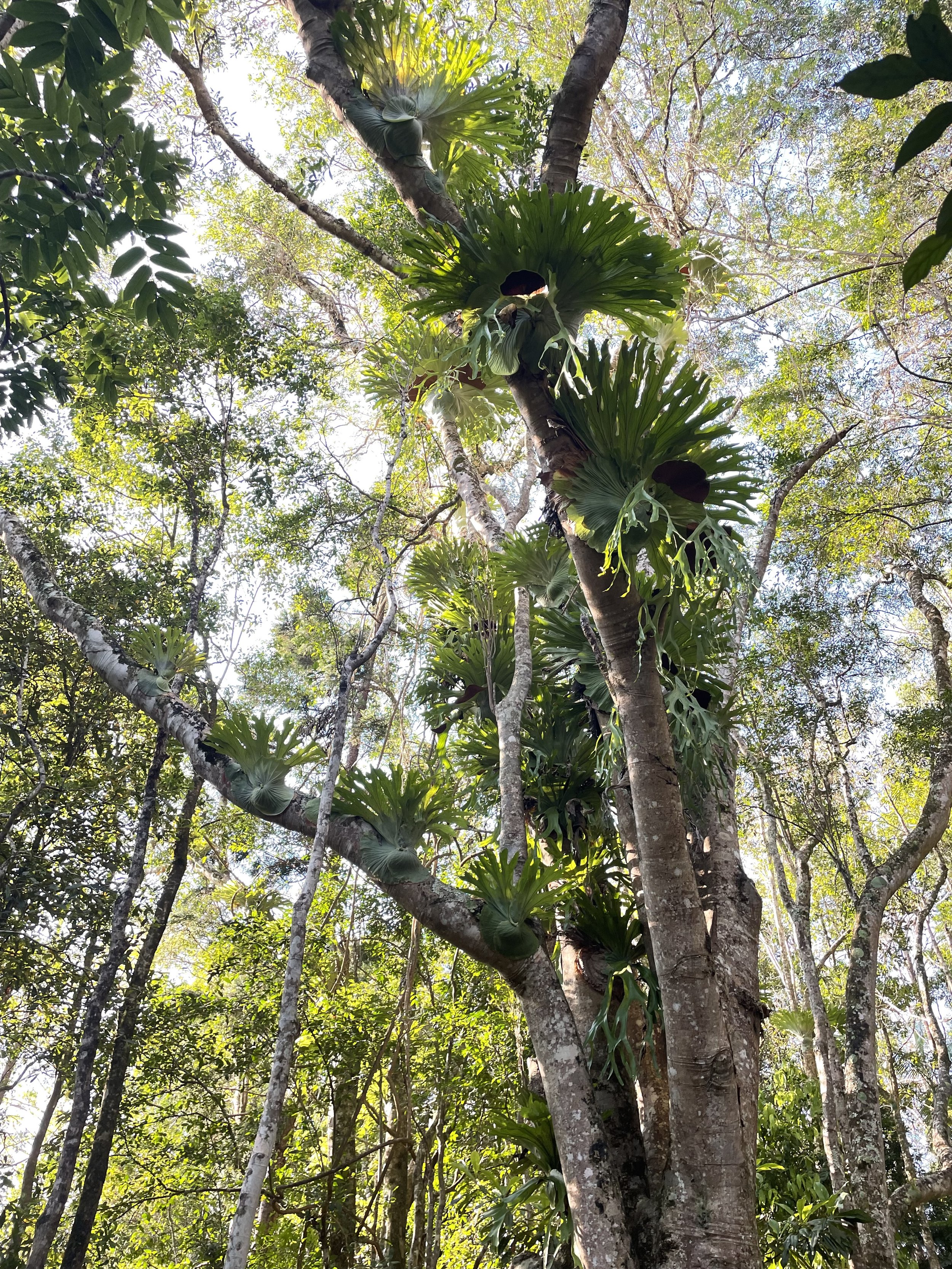At the intersection of climate & health
Welcome to our first candid conversation!
To start, I think it’s important I provide some context for this journey we’re about to embark upon. We as humans are intrinsically linked to our natural environment. We depend on it for practical things like food, clean water and air, all of which are vital for our survival. We also value intangible aspects of the natural world and seek these out. We go on hikes, buy indoor plants, swim in rivers and oceans, lie in the sun (pictured above) and plant vege patches along with many other things. In my opinion these experiences bring us joy, peace and contentment.
For me, connection to the natural world is sustaining. It rejuvenates me. It gives my brain the change to slow down from the hyper-connected world we live in, reassess where I’m headed and change direction if needed.
This platform is a space to delve into the conversations that currently don’t seem to be had in mainstream media. Historically, when climate change enters political and media circles, it’s been as a topic for debate. More recently, it’s been viewed from the perspective of devastating weather events and natural disasters, as these become more frequent and intense.
The gap I see as yet to be filled, is of the benefits that nature provides for human health – whether tangible or intrinsic – and this area is what I aim to elevate with Our Current Climate.
So, let’s get into it and, as most uni students know is important, start with defining some key terms.
To get us all on the same page, the United Nations refers to climate change as the changes in average temperatures and weather patterns over long periods of time. That’s different from the day-to-day changes of a sunny 28 degrees to a raining 16 degrees in Melbourne. What they’re referring to, for example, is if we look the past 10 years in Victoria, how do the average weather and temperature patterns compare to the 10 years before that. Climate change can be a natural process, however, what has become evident in recent decades is the extent to which humans have accelerated this process through the increased production of greenhouse gases and destruction of integral ecosystems.
What climate scientists have been concerned about, and attempting to convey for decades now, is that the long-term chunks of time they have been studying indicate a global warming patten projected to continue and intensify if we don’t change the way we live.
Since 2019 alone, Australians have witnessed and been acutely impacted by the collective devastation of the Black Summer bushfires, the Covid-19 pandemic, extreme east coast flooding, the appearance of diseases (such as Japanese Encephalitis) in areas not previously exposed and sea level rise. The intensification and frequency of these climate related disasters has finally put climate change on the agenda for politicians and corporations, as we as a nation are being made overtly aware of its impacts.
Unfortunately, while we now seem to be moving in the right direction, we are likely to see ongoing consequences as we continue reacting to the damage already done.
When we think of health, we refer to
a state of complete physical, mental and social well-being and not merely the absence of disease or infirmity
World Health Organisation
This definition of health encapsulates the broader understanding that a person’s health is influenced by their environment. The social determinants of health (SDH) refer to those non-medical factors that influence an individual’s health outcomes such as income, food security, housing, environment, and access to affordable healthcare services.
Arguably, climate change exacerbates the impacts of all other social determinants of health with disproportionate impacts on vulnerable communities. For example, there are numerous negative health outcomes including intensified allergies and asthma, injury from natural disasters, poorer mental health outcomes including post-traumatic stress disorder, increased exposure to infectious diseases and reduced/limited access to clean water and nutritious food supply. Each of these impacts worsens health and contributes to increased health care costs.
The co-benefits for human health, in addressing climate change and ensuring the planet’s protection and future prosperity, are only just beginning to be articulated in mainstream vernacular. The examples highlighted are just a few illustrating the way in which climate determines many aspects of human health.
As societies, we have spent so long centring ourselves in the health/climate relationship when in fact, we need to be prioritising the health of the planet first and foremost. Without doing so, and continuing to allow exploitative practices by humans, we are merely harming ourselves and missing out on the opportunity to experience all of the health benefits our natural world can provide us.
It is in our best interests to take care of the planet, if for nothing other than safeguarding our own health.
As we go on, we’ll delve into specific examples of just how intricately human health and the climate are linked to illustrate just how true this is.
Get keen!
me: already keen


